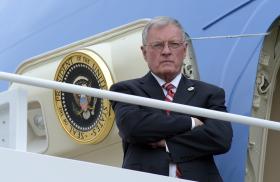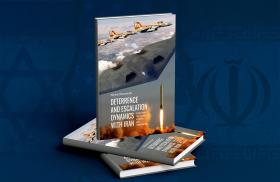
- Policy Analysis
- Articles & Op-Eds
A New Path to Middle East Security: How American Commitments in the Gulf Can Rebuild the Regional Order
Also published in Foreign Affairs

The Trump administration’s full-throated assurance of support for Qatar and willingness to pressure Israel on key issues could set a new benchmark for U.S. security relationships with the Gulf countries.
On September 9, Israel shocked the world by bombing a villa in a residential neighborhood of Doha in an attempt to kill senior Hamas officials. It was the second time Qatar was struck this year. (In June, Iran launched missiles at a U.S. air base in the emirate in retaliation for U.S.-Israeli strikes on Iran). As an important U.S. ally and a key conflict mediator, Qatar has generally been considered off limits to the region's belligerents. Moreover, Qatar has hosted Hamas leaders for years, with tacit American and Israeli approval, as part of its mediating role; the targeted officials were, in fact, negotiating, through Qatari channels, a potential hostage and cease-fire agreement for Gaza. If the strikes had resulted in more casualties or damage to Qatar, it might have destabilized the whole region, expanding the war to the Gulf and likely destroying any near-term prospects for a cease-fire. Israel’s strike on Qatar was not successful, and this didn’t happen. But the attack did inadvertently achieve something equally consequential: it opened the door to what could be one of the most important shifts in U.S. Middle East policy in decades...




